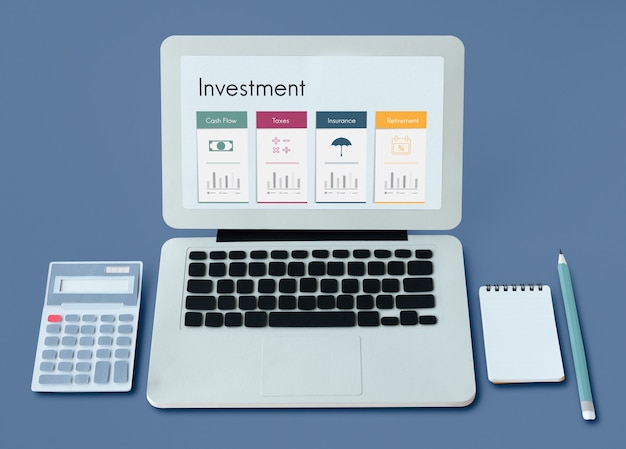
For any business, big or small, having easy access to funding is really important. Whether you need it to manage cash flow, allow time for adjustments, or support growth, presenting yourself and your business well when seeking financing can increase your chances of getting the right loan.
First, think carefully about why you need the money. Is it to keep your business going or to help it grow? Are you looking to expand by getting new property, hiring more staff, buying equipment, or just improving overall efficiency to ease short-term pressures?
Knowing exactly what you need the funds for is essential in choosing the right type of loan. Many businesses make the mistake of applying for the wrong type of finance that doesn’t meet their needs. Also, make sure to accurately calculate the amount you need and back it up with a solid business plan. Businesses often either overestimate or underestimate this amount without proper assessment.
Some business owners mistakenly believe that commercial loans are the only option for financing. Depending on your needs, other options might be more suitable. For example, if improving cash flow is your goal, invoice financing—where your sales invoices are used as collateral—might be the solution. If you’re expanding and need to buy more machinery, asset finance could be a better fit.
If your business is new with high growth potential or if you’re a well-established business looking to significantly expand, consider venture capital or angel investors. These types of investors buy equity in your business and can sometimes act as mentors to help ensure their investment succeeds.
When seeking funding, it’s smarter to request quotes rather than applying to multiple lenders. Too many loan applications can raise red flags for lenders, as it might suggest potential financial issues or fraudulent behavior.
Many businesses are unaware of the impression they give to potential lenders. It’s not just the information in your loan application that matters—lenders also look at your cash flow, revenues, and credit history. They might consider both your business and personal credit scores when making their decision.